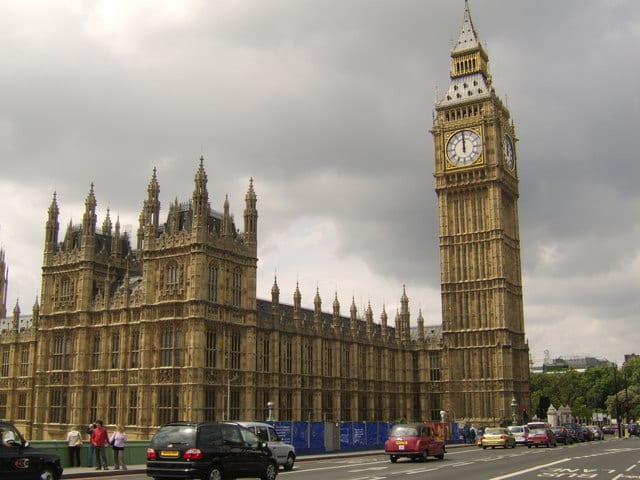Government faces FOBT rebellion

The UK government could be forced to implement changes on FOBTs six months earlier than planned after more than 70 MPs from both sides of the House of Commons signed amendments to push the measure through.
Last month, Chancellor Philip Hammond announced in his Autumn Budget that new regulations on FOBTs, as well as an increased remote gaming duty of 21%, will come into effect from October 2019.
The government had already accepted Gambling Commission recommendations to set a new maximum stake of £2 (€2.29/$2.58) on FOBTs, down from £100.
However, the Budget plans were met with criticism by a number of MPs and ultimately led to Tracey Crouch resigning from her Ministerial role in protest. Crouch blasted the government for delaying the implementation from April 2019 until next October, despite Prime Minister Theresa May insisting there was no delay.
Crouch has now seemingly won support from fellow Conservative MPs as well as others from across the House, with the likes of Boris Johnson, David Davis and Jacob Rees-Mogg all backing the bid.
The MPs in question have signed two amendments and these will be put up for debate on November 21.
According to the Guardian, as the FOBT stake cut is not actually included in the Budget, the implementation date cannot be changed via an amendment to the Finance Bill. However, the Budget does specifically make reference to raising remote gaming duty from 15% to 21% to make up for lost FOBT tax revenue.
The amendment would effectively stop the government from pushing ahead with its plan to increase this duty unless it agrees to lower FOBT takes from April of next year – the date Crouch and others believed that the changes would come into effect.
To combat this, the Treasury could move to drop plans to raise gaming duty, but this is unlikely as it would lead to a significant shortfall in tax income due to the FOBT changes already agreed.
Should the Government refuse to accept the amendment they risk becoming the first administration to lose a Budget vote since 1978.
Image: Stephen Sweeney
